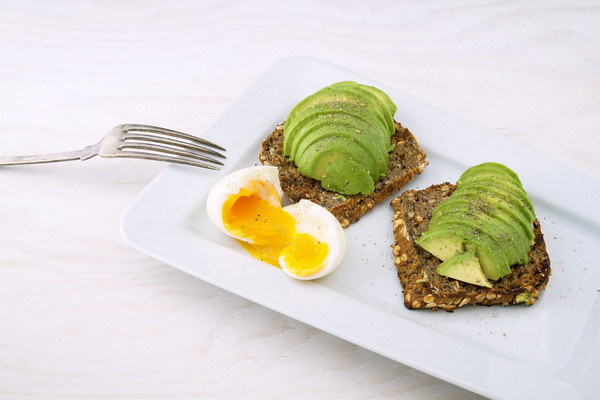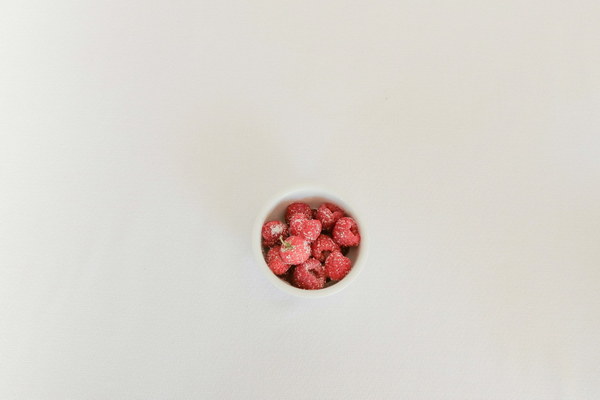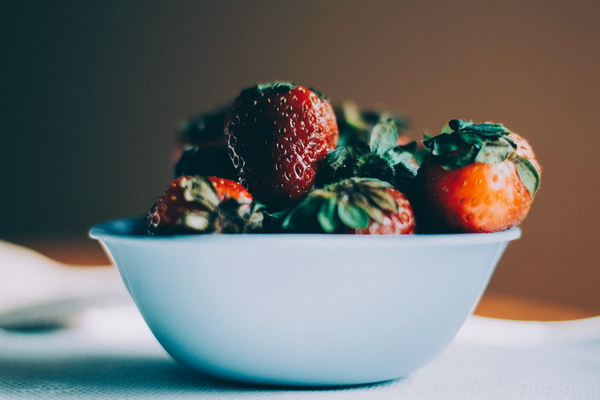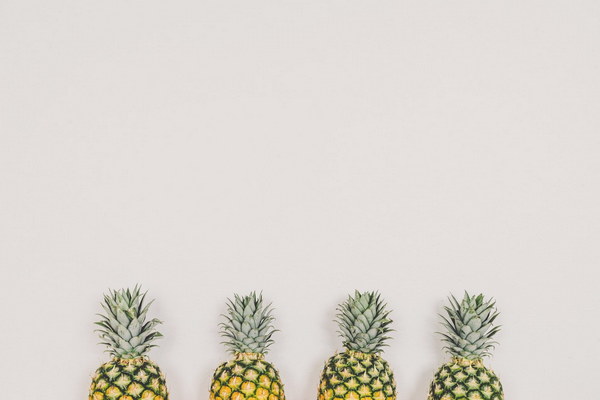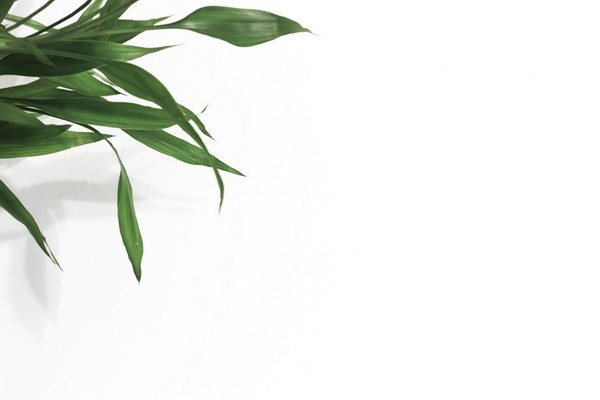Does Traditional Chinese Medicine's Ointment Formula Really Relieve Dampness A Comprehensive Look
Introduction:
In the realm of traditional Chinese medicine (TCM), ointment formulas have long been revered for their healing properties. One of the most common concerns addressed by TCM is dampness, a condition believed to manifest in various forms such as fatigue, weight gain, and joint pain. The question on many minds is: Can these ointment formulas truly alleviate dampness? Let's delve into the world of TCM and explore this question in detail.
Understanding Dampness in TCM:
In TCM, dampness is considered an excess of dampness in the body, which can lead to a host of ailments. It is believed to originate from factors such as overeating, living in damp environments, or excessive drinking. Symptoms of dampness can include a heavy feeling in the body, fatigue, lack of appetite, and cloudy urine.
The Role of Ointment Formulas:
TCM ointment formulas are designed to address specific imbalances in the body, and dampness is no exception. These formulas typically contain herbs that are believed to have drying or astringent properties, which can help to eliminate dampness from the body. Common ingredients in ointment formulas for dampness include:
- Atractylodes macrocephala (Cang Zhu)
- Alisma orientale (Ze Xie)
- Poria cocos (Fu Ling)
- Codonopsis pilosula (Dang Shen)
How Ointment Formulas Work:
The mechanism by which ointment formulas work to alleviate dampness is multifaceted. Here are a few ways in which these formulas are believed to help:
1. Drying Action: Herbs like Atractylodes macrocephala are thought to have a drying action, which can help to absorb excess moisture from the body.
2. Stimulating Urination: Certain herbs, such as Alisma orientale, are believed to increase urine production, thereby helping to expel dampness from the body.
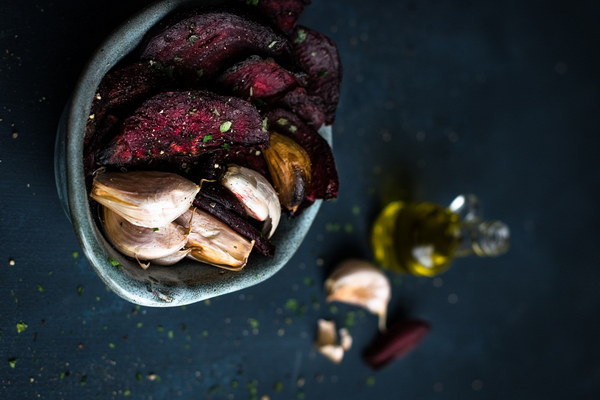
3. Regulating the Spleen and Stomach: The spleen and stomach are vital organs in TCM, responsible for transforming and transporting nutrients. Herbs like Codonopsis pilosula are used to support these organs, which can help in the digestion and elimination of dampness.
4. Enhancing Immune System: By strengthening the body's overall immune system, ointment formulas can help prevent the recurrence of dampness-related conditions.
Clinical Evidence:
While the efficacy of TCM ointment formulas for dampness is largely based on traditional beliefs, there is some clinical evidence to support their use. Studies have shown that certain herbs found in ointment formulas can have anti-inflammatory, antioxidant, and immune-boosting properties.
Considerations and Precautions:
It's important to note that while TCM ointment formulas can be beneficial for some individuals, they may not work for everyone. It's always best to consult with a qualified TCM practitioner who can assess your specific condition and recommend the most suitable treatment.
Additionally, some herbs used in ointment formulas may interact with other medications or have contraindications for certain health conditions. Therefore, it's crucial to discuss any existing health issues or medications with your practitioner before starting a TCM ointment formula.
Conclusion:
While there is no definitive scientific proof that TCM ointment formulas can cure dampness, traditional beliefs and some clinical evidence suggest that these formulas can be effective for some individuals. As with any treatment, it's important to approach it with an open mind and seek guidance from a qualified practitioner. If you're looking for relief from dampness-related symptoms, exploring the world of TCM ointment formulas might be a worthwhile consideration.

